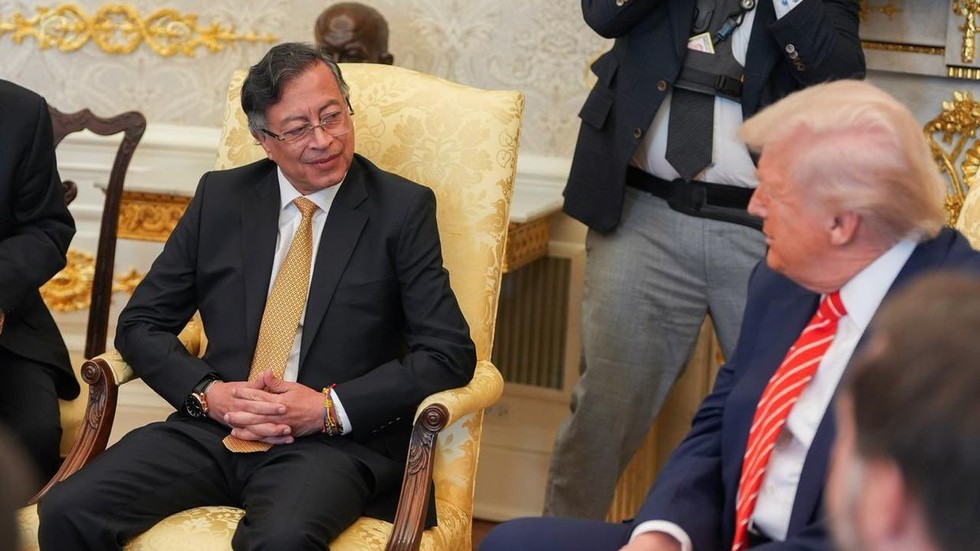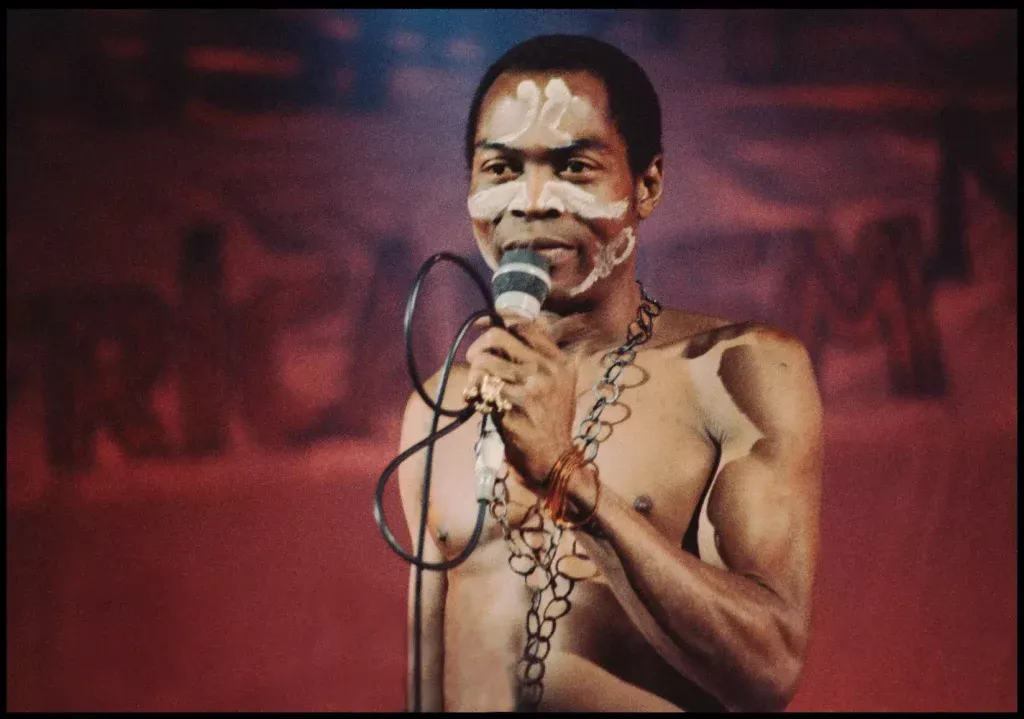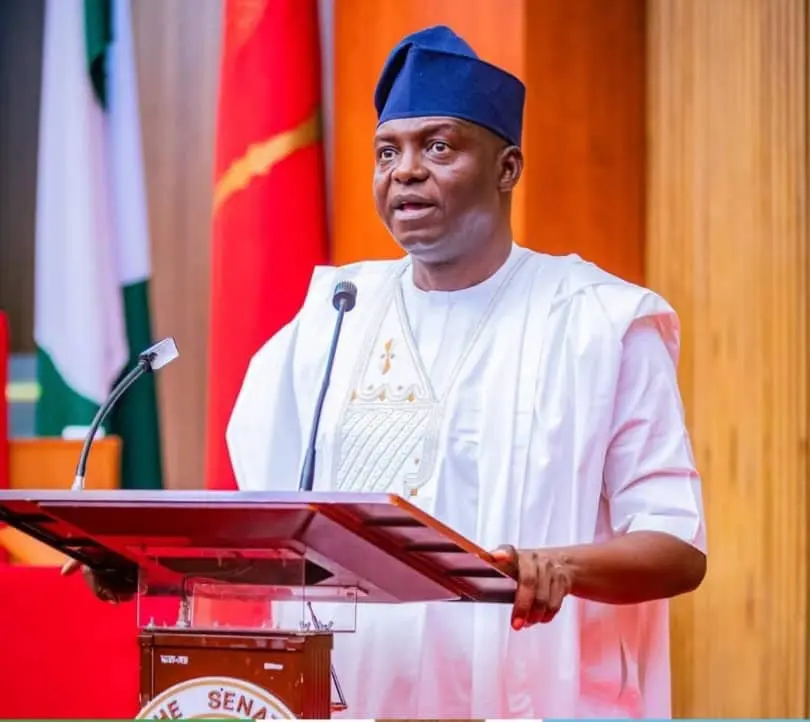The Obidient Movement has expressed reservations over the African Democratic Congress’s (ADC) ultimatum, which calls on opposition coalition members to resign from their respective parties and join the ADC. The movement views this move as being in bad faith.
According to Tanko Yunusa, National Coordinator of the Obidient Movement, the decision taken by the ADC is a departure from the initial agreement. The movement remains committed to the coalition’s vision and acknowledges the adoption of the ADC as the coalition platform. However, it is concerned that the resolution is being altered midway into the agreement.
The ADC’s National Publicity Secretary, Bolaji Abdullahi, had announced that the decision was made at a caucus meeting attended by leading members of the opposition coalition. Although no specific timeline was given for the resignation, the directive has raised concerns among coalition members.
The Obidient Movement has reaffirmed its commitment to the coalition’s vision, citing Peter Obi’s alignment with the coalition’s position after the Anambra State Governorship Election. Obi, the 2023 presidential candidate of the Labour Party, is not desperate to become Nigeria’s president in 2027, according to the movement.
Yunusa stated that Obi, as a leader with a broad national constituency, always consults widely before making major political decisions. The movement’s response highlights the need for clarity and consistency within the coalition, particularly regarding the role of its members and the adoption of the ADC as the coalition platform.
The developments within the opposition coalition come as Nigeria prepares for the 2027 General Elections. The ADC’s move has sparked discussions about the future of the coalition and the role of its members in the upcoming elections. As the situation unfolds, it remains to be seen how the coalition will navigate these changes and what implications they may have for Nigeria’s political landscape.



